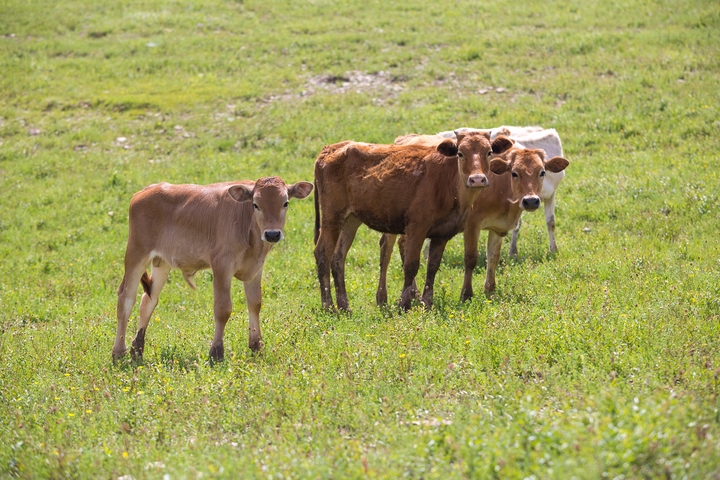Are you interested in raising beef or producing your milk? These are the consumables we all use, and having your herd can provide for you and your family and become a business to serve the public.
Raising cattle is not for the faint of heart because it is a slow process with lots of care and attention to these animals that will later provide sustenance and cash flow.
For those ready to begin their animal-rearing journey, this serves as a guide to be successful.
This is cattle raising for beginners.
Do Your Homework
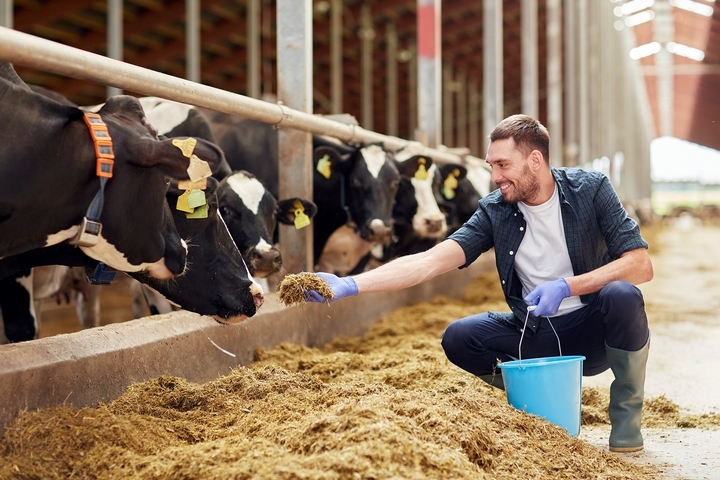
The last thing you want to do is rush into this without knowing what is involved. It can be overwhelming at the best times, so prepare for what is to come and ask yourself if you are ready for this lifelong commitment.
Talk to other hobby farms and ranchers to get advice. They are a great resource with real-time experience, and they can save you lots of time and even more money. Then, decide on what type of cattle operation you want. It can be:
- Producing beef
- Cow-calf pairing
- Backgrounding
- Seed stock
- Feedlot operations
Running cattle differs for each farmer, and no two operations are alike. Figure out what you want from raising cattle and do your homework to succeed.
Cattle Waterers
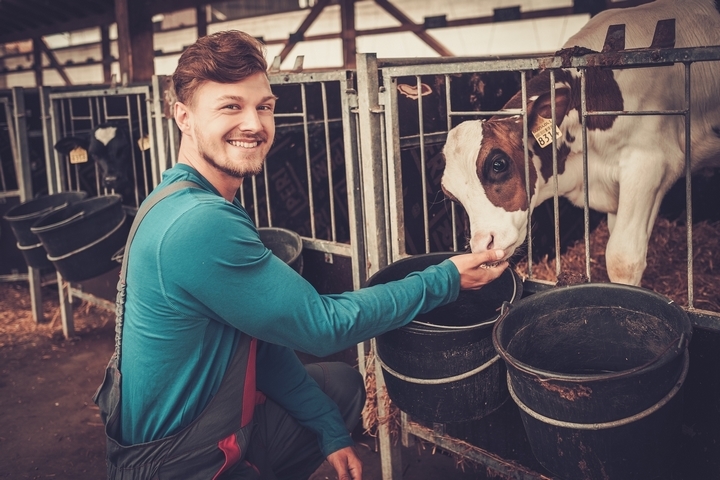
Some people are lucky enough to have a pond or other water source their cattle can access, but even these come with challenges at different times of the year. You need a steady water supply and feed to succeed with your herd.
Cattle waterers provide clean water to your animals wherever you have them. They consist of an insulated base filled with water supplied with a pressurized water line, regulated with a control valve. These allow you to set up in any location and prevent freeze-ups so there is always water for your cattle to drink. Different types of cattle waterers are on the market to suit your needs, including:
- Covered waterers
- Tippable designs
- Heated poly waterers
- Energy-free bowls
They typically have an auto-fill valve and an automatic thermostat to ensure animals have water year-round. Make sure to inspect these waters often and flush them out regularly.
Build Your Infrastructure
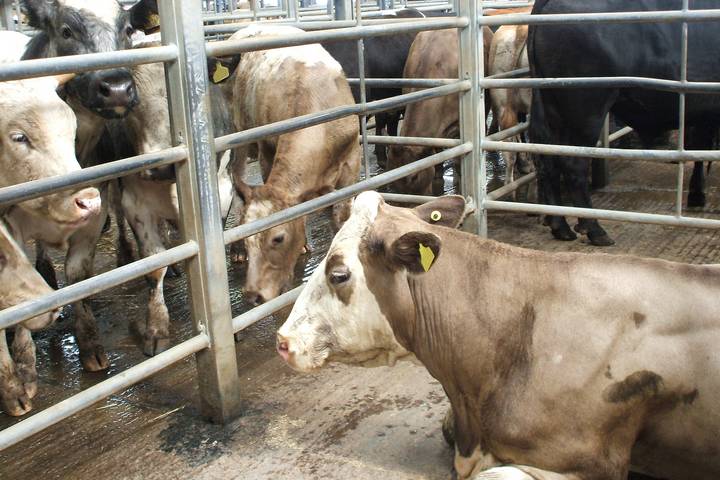
Before you can bring in a single cow, you need to have a place for them to thrive. You need to match your facilities to your livestock to be as successful as possible.
Consider the size and type of land you have. Will it support a herd? Do you have a big backyard or 40 acres of irrigated farmland with various cover crops? Cattle need more than just a field to graze in, so be prepared to supplement with hay, minerals, and adequate water access and supply.
You also need a structure to keep them out of the elements throughout the year and when it’s calving time. A good barn will have various-sized pens, storage rooms for equipment and feed, and an office or staff area.
Fencing is a vital part of the equation as you need to keep your animals where you want them and have the ability to move them around to make the best use of your land for foraging.
Feed
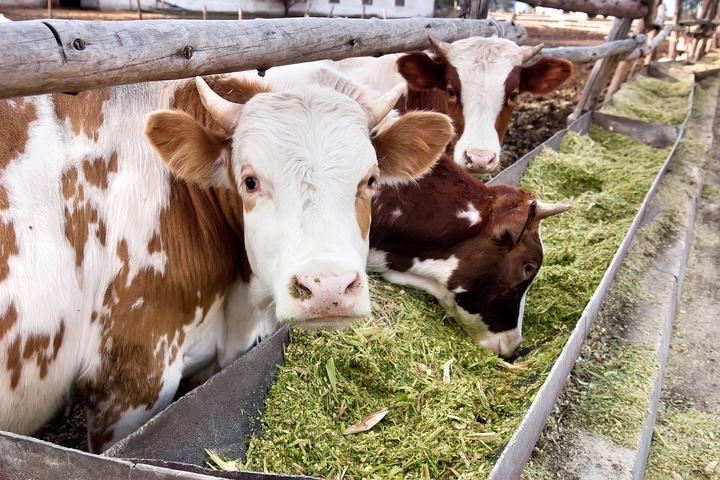
What you feed your cattle will depend on the type of operation you run, but ultimately, these are ruminant animals with specialized stomachs to digest fibrous plant material efficiently. Their nutritional requirements include:
Protein
This helps develop their muscles, milk production and overall growth. Source high-quality soybean, cottonseed, alfalfa hay, canola and corn gluten.
Vitamins
Vitamin supplementation is vital to their overall health and should include vitamins A, D, E, and K from their feed or supplements.
Fibre
Fibre is needed to have a healthy ruminant function and mitigate digestive issues.
Minerals
Along with vitamins, minerals play a big part in their health, growth and reproduction. Include both trace and macro minerals in their diet.
Water
Water is vital to their survival, and they need easy access for better digestion and overall health.
Energy
This comes from a balanced diet of proteins, fats and carbohydrates to allow for weight gain and milk production.
Heard Health
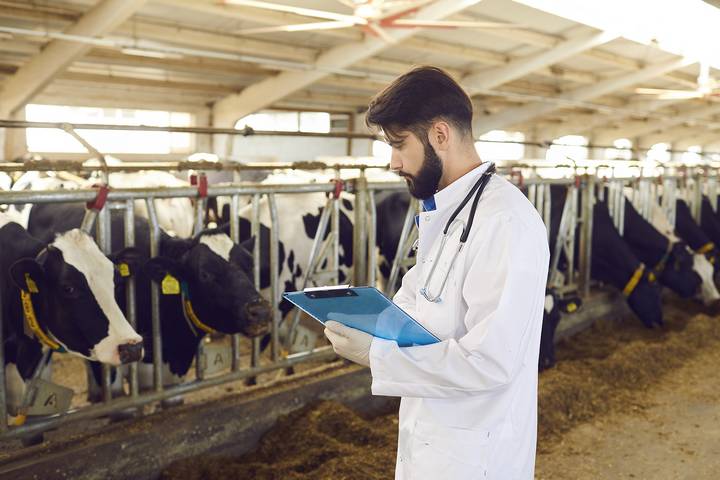
You will only be as successful if your herd is healthy; this is a program you must implement and monitor constantly. Make sure to raise your animals in healthy conditions because diseases can spread quickly, so practice good sanitation on the farm and dispose of manure properly. Make sure to quarantine sick animals, have a vet check on the herd or sick animals, and develop a health plan to follow.
Cattle raising can be very rewarding, especially for beginners. Your best bet is to start small and build your herd as you gain confidence and succeed. You will learn along the way and develop your farm to best care for the animals you keep, and in the end, cattle make great companions and are there to provide the food and finances to keep you and your family provided for.

